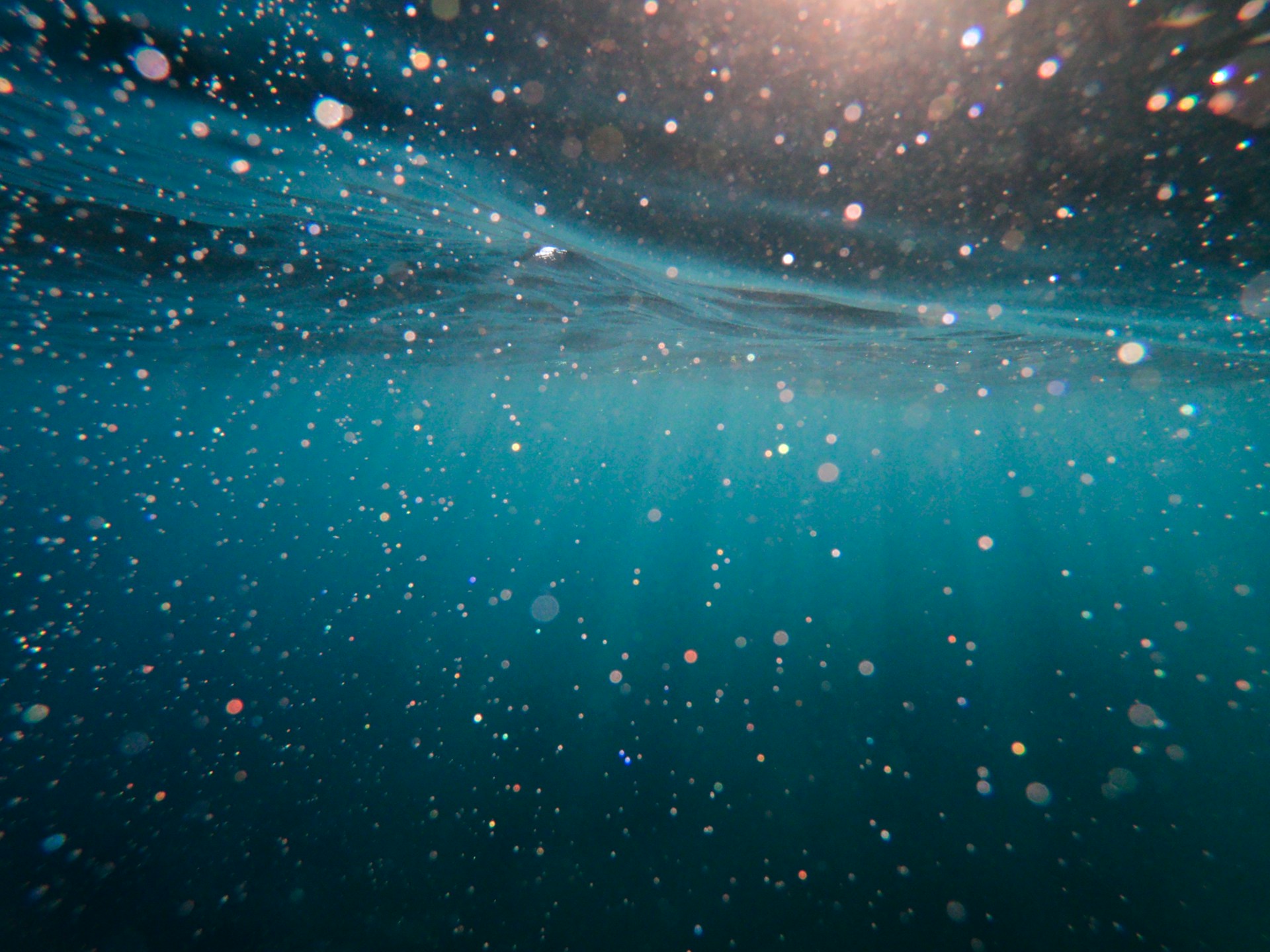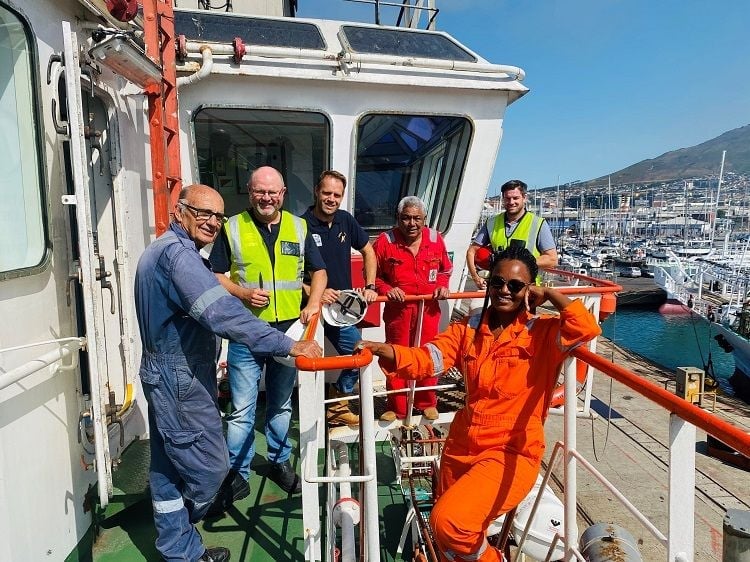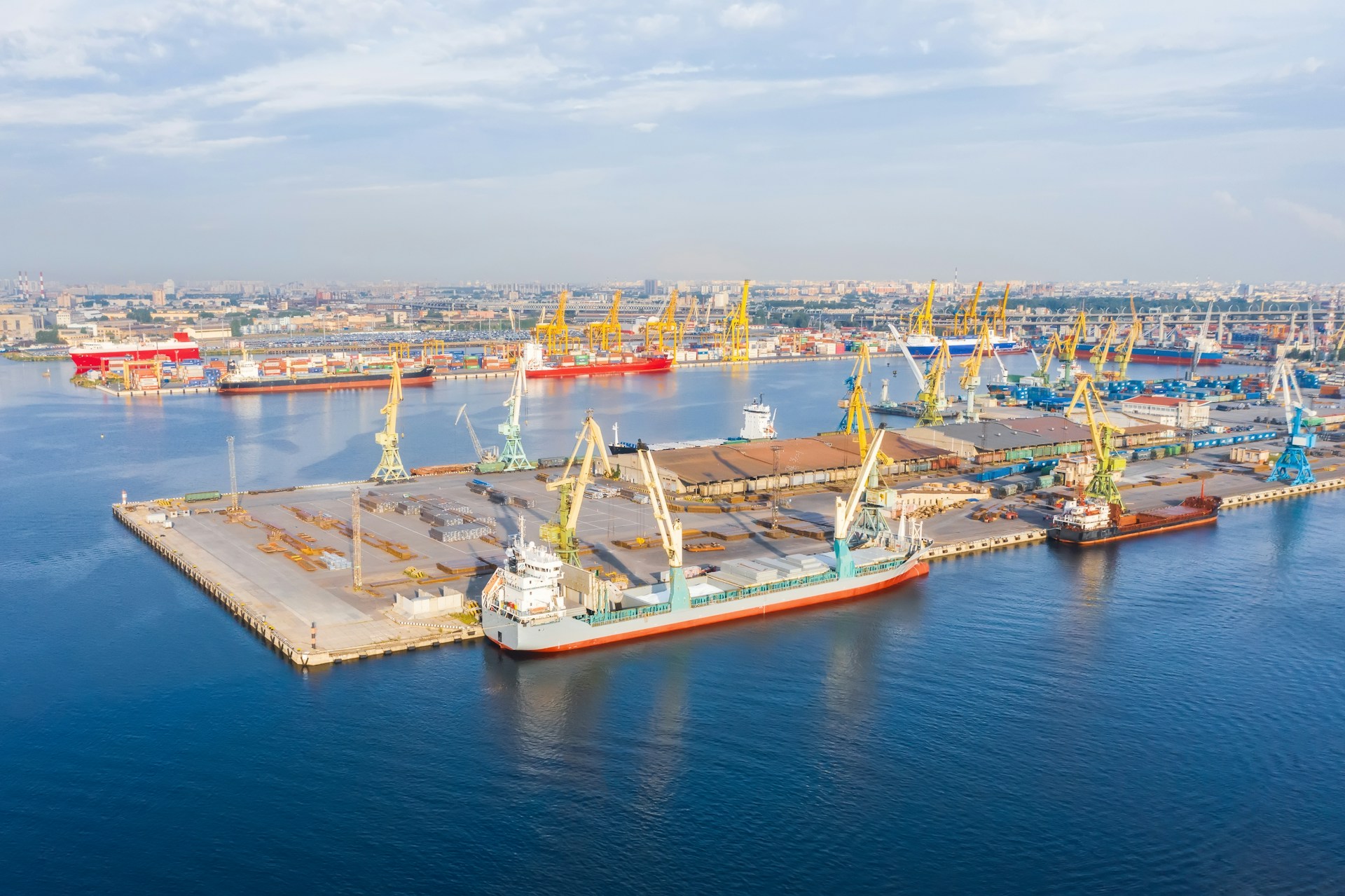World Oceans Day, observed annually on June 8th, is a timely reminder that we should take a moment to honor the magnificent oceans that cover over 70% of our planet's surface, regulate our climate, and support all known life forms.
As we approach this day, it's crucial to reflect on the significance, and the pressing issues facing our oceans, as well as the ways in which we can contribute to their preservation.
The history and background of World Oceans Day
The concept of a day dedicated to the world's oceans was first proposed in 1992 at the Earth Summit in Rio de Janeiro, Brazil, by the Government of Canada.
The idea was to set aside a day to celebrate the world's shared ocean and our personal connection to the sea, as well as to raise awareness about the crucial role the ocean plays in our lives and the important ways people can help protect it.
Read more:10 of Martide’s Best Seaman Quotes About the Ocean
However, it wasn’t until December 2008 that the United Nations officially recognized June 8th as World Oceans Day. Since then, the day has served as a global platform for public outreach and a celebration of our global ocean.
World Oceans Day 2024 Theme: Awaken New Depths
As with every year, including last year, World Oceans Day has a theme. This year’s theme is "Awaken New Depths," and it stresses the need for collective action across nations, industries, and communities to wake up and address the major threats facing our oceans.
From pollution to overfishing, and the impacts of climate change, our oceans are under threat like never before. This year’s theme encourages a global movement to revitalize the health of our ocean, which is essential for a sustainable future.
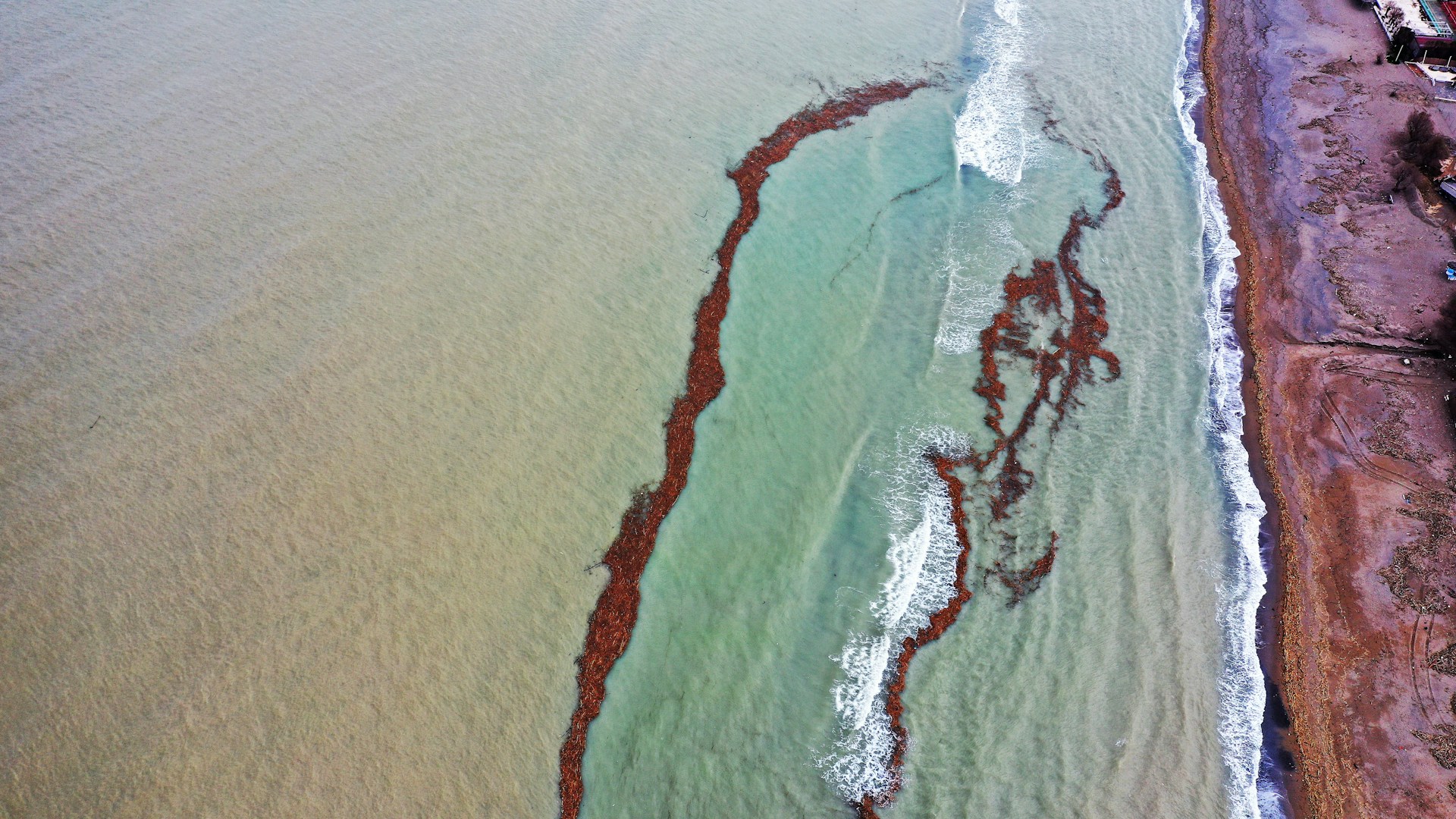
And as the United Nations say on their World Oceans Day website:
“The knowledge on the ocean’s dire state is clear. Still, each year humanity continues to make shallow and short-sighted decisions that further the likelihood of the ocean’s, as well as our own, demise.”
and
“We don’t have time for “out of sight, out of mind.” Our relationship to the ocean needs to urgently change, and our efforts have only skimmed the surface to date. To motivate widespread momentum for the ocean, we need to awaken new depths.”
Understanding the plight of our oceans
Our oceans are facing a myriad of threats that require immediate attention and action. Here we take a very brief look at just a handful of them.
Pollution
Oceans are the end repository for a large percentage of the world's pollution, including plastics, chemicals, and untreated sewage.
According to Surfers Against Sewage, more than 8 million individual pieces of plastic find their way into the oceans per day. That’s 12 millions tonnes of plastic trash dumped into the oceans each year. Clearly this has a devastating effect on marine life and ecosystems.
Read more: World Meteorological Day & Our Oceans
Overfishing
This practice depletes fish stocks faster than they can replenish, disrupting the balance of marine ecosystems and affecting the livelihoods of communities reliant on fishing. The World Wildlife Fund also explains that:
“Overfishing is closely tied to bycatch - the capture of unwanted sea life while fishing for a different species. This, too, is a serious marine threat that causes the needless loss of billions of fish, along with hundreds of thousands of sea turtles and cetaceans.”
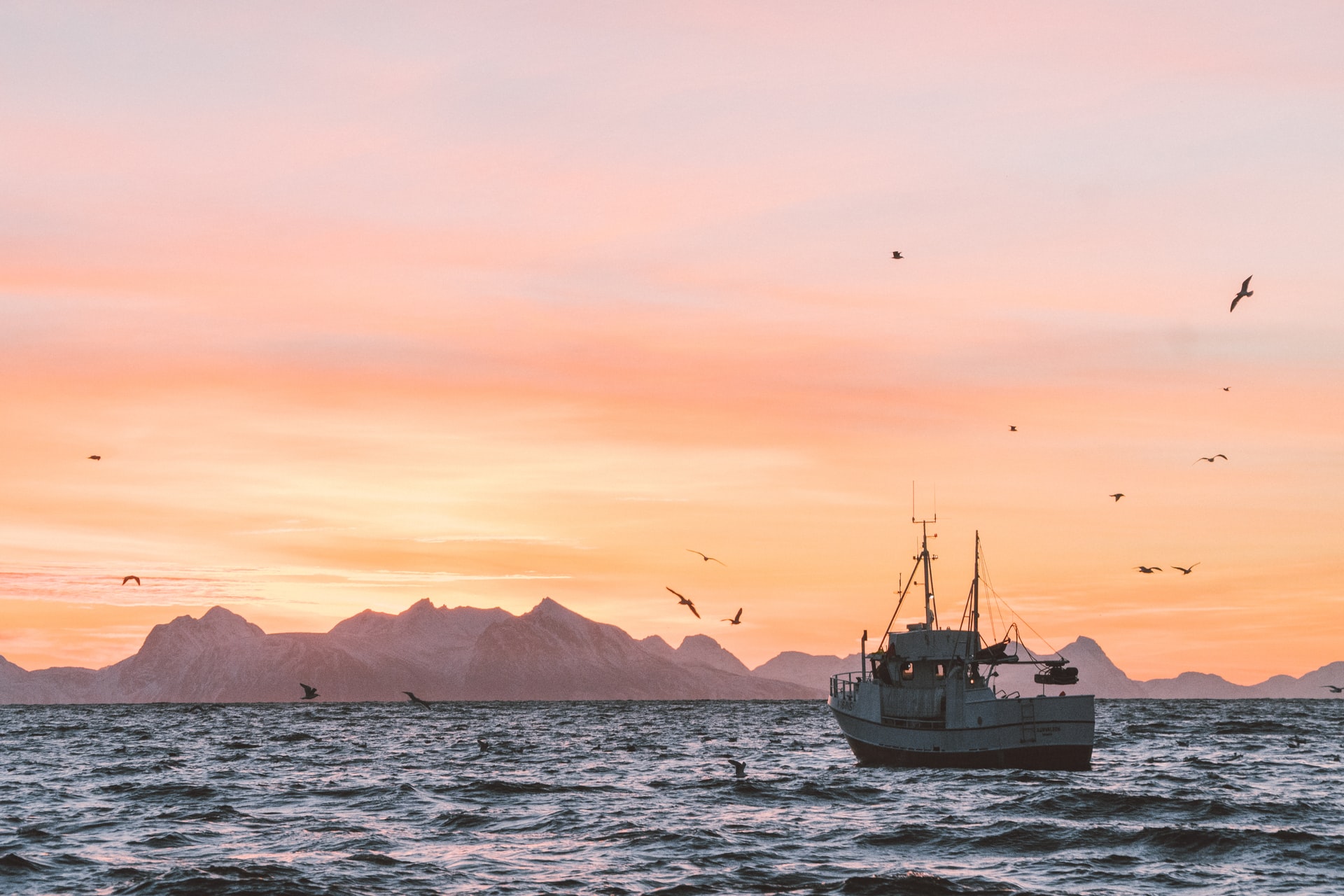
Climate change
Rising ocean temperatures cause coral bleaching and disrupt habitats, while acidification affects shellfish and other marine life. According to the BBC in their Really Simple Guide to Climate Change:
“It has now been confirmed that global warming exceeded 1.5C across the 12 month period between February 2023 and January 2024. That followed 2023 being declared the warmest year on record.”
Habitat destruction
Coastal development, deep-sea mining, and some fishing methods destroy crucial habitats, impacting biodiversity and ecosystem services. As Our Shared Seas explains;
“Evidence suggests that marine habitats and biodiversity are showing rapid ongoing declines, as humans have significantly altered two-thirds of the ocean (up from 40 percent in 2008).”
How you can take action and awaken your own new depths
If you’ve found the above four paragraphs depressing, it’s time to start taking action. And while tackling any of the issues we’ve just talked about might seem daunting, the good news is that there are things we can all do to help - even if we live miles away from the nearest ocean.
This World Oceans Day, and indeed every day, there are several ways individuals and communities can contribute to the health and sustainability of our oceans.
Educate yourself and others
Awareness and education are crucial. Learn about the ocean and its inhabitants, and share this knowledge with others. Awareness drives action, and action drives change.
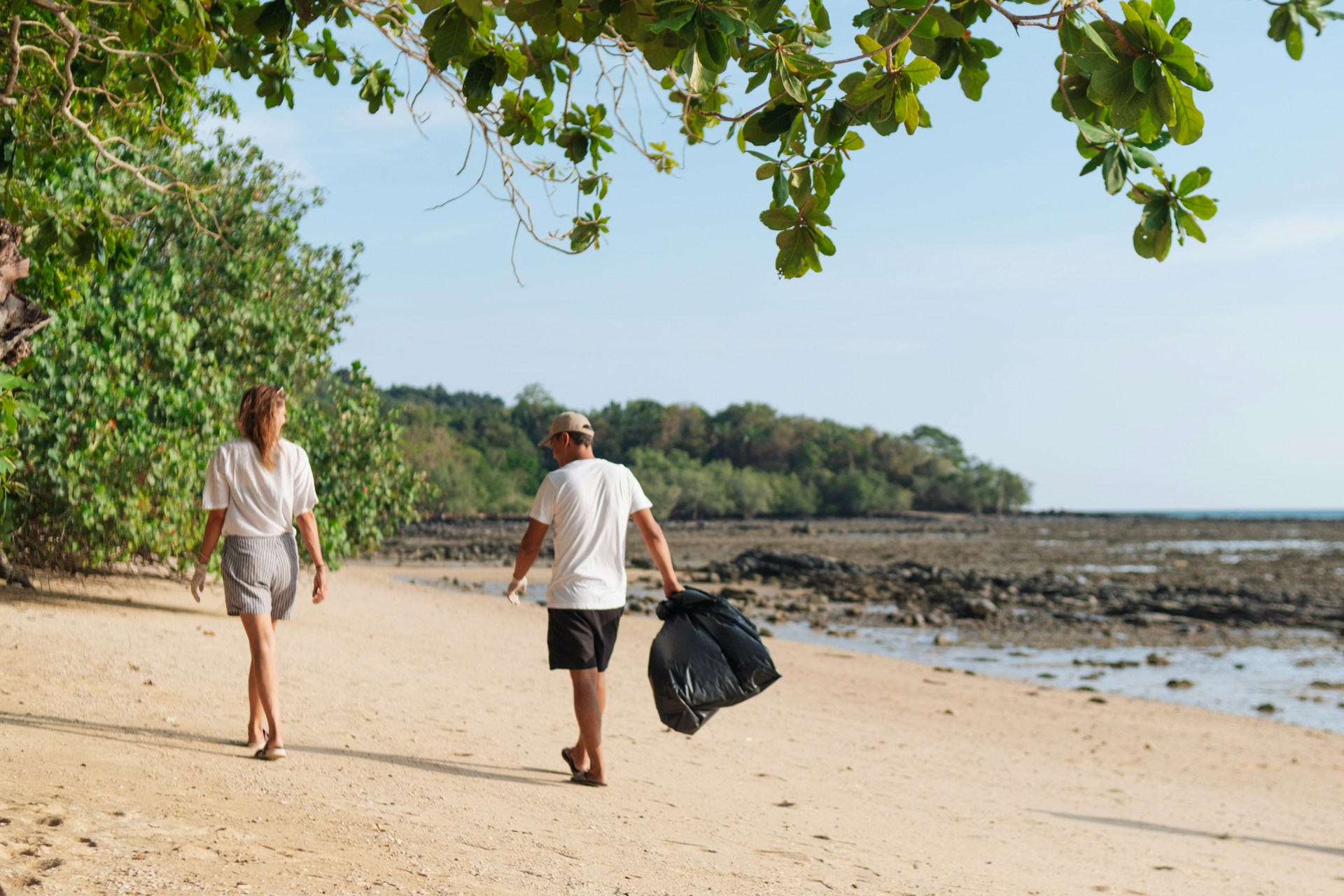
UNESCO’s Ocean Literacy Portal is a good place to start as it lists dangers to the ocean and links for resources and further reading.
Support sustainable seafood
Whether you’re doing the grocery shop, stopping off for fast food, or dining out, choose seafood that is sustainably sourced and certified by reputable agencies. This helps reduce overfishing and promotes healthier fish populations.
Companies producing and selling sustainable fish and seafood obviously vary from country to country and region to region but a quick Google should give you some idea of who to trust where you live.
Advocate for marine protected areas
Support the creation and enforcement of marine protected areas (MPAs) which provide safe havens for biodiversity and help restore fish stocks. The Center for National Marine Protected Areas in the USA tells you how you can respect any MPA you come into contact with by
“...[keeping] your distance from sea birds, mammals and other ocean wildlife so you don't disturb their feeding or nesting grounds. Tread lightly on tide pools and other shore habitats. Don't remove rocks or corals.”
Engage with civic bodies
Support policies and legislation that aim to reduce ocean pollution and regulate coastal development. Engage in community or governmental activities that aim to address ocean and environmental issues.

The World Oceans Day website has a calendar of marine-focused events taking place across the globe including everything from beach clean ups to photography competitions.
Reduce plastic consumption
Minimize your own use of single-use plastics and support bans on plastic products as necessary. Participate in (or organize) local beach cleanups to remove trash from shorelines and coastal areas.
Examples of single-use plastics include cotton bud sticks, water and soda bottles, food containers, takeout restaurant cutlery, plates, straws and stirrers, and of course plastic bags.
More than a day to celebrate the ocean
World Oceans Day is not just a day to celebrate the beauty and mystery of the ocean, but a call to action to revitalize and protect this vital resource. It is a day to remind ourselves of the dynamic role the ocean plays in our everyday lives, the inherent value of marine biodiversity, and the need for sustainable management of ocean resources.
By taking collective action and awakening new depths - and by helping others to do the same - we can ensure that our oceans continue to thrive for generations to come.

Eve Church
Eve is Martide's content writer, publishing regular posts on everything from our maritime recruitment and crew planning software to life at sea. Eve has been writing professionally for more than two decades, crafting everything from SEO-focused blog posts and website landing pages to magazine articles and corporate whitepapers.
UK

is the only site for maritime jobs

